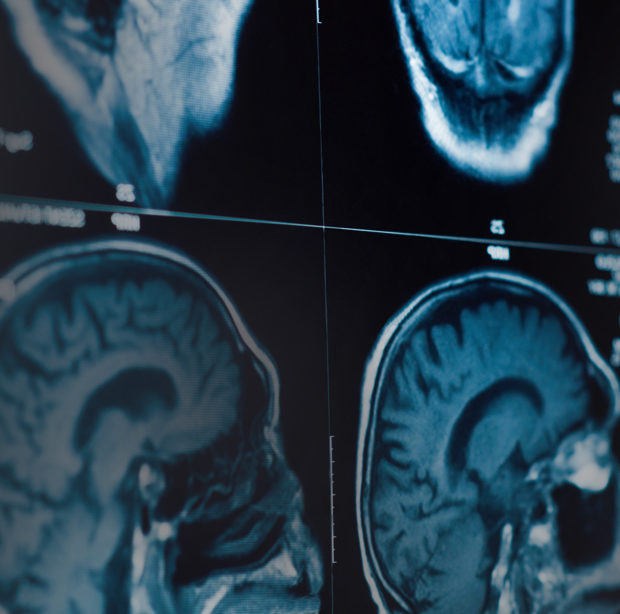What is a DEXA mineral densitometry scan?
Dual energy X-ray absorptiometry (DEXA), also known as bone density scanning or bone densitometry, is an X-ray that measures bone mineral density (BMD) and evaluates bone strength and the risk of breakages and fractures. If the scan indicates that density is high, it generally means that the risk of fracture is low.


